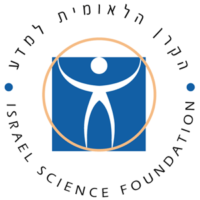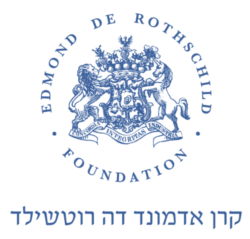The lab is located at the University of Haifa, Faculty of Social Welfare and Health Sciences. We study postural changes through the aging process. Our studies acknowledge the multifaceted nature of aging and exploring interactions of gait and mobility with sleep, hearing, sensory responsiveness, and environmental factors. Most recently, we examined how posture can serve as a marker of biological age, and we are looking for simple ways to acquire postural variables. Our main goal is to extend our theoretical understanding of postural changes through the aging process and to advance successful aging.
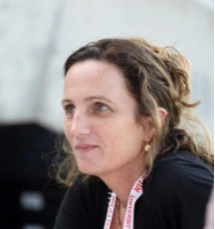
My interdisciplinary background started with a BA in physical therapy (BPT), and continued with an MA in anthropology and a PhD in nursing. As a physical therapist, I worked with people who suffer from brain injury, and in my anthropological research I explored the altered self of people following brain injury. With the support of a Spencer Scholarship I obtained my PhD at the University of Washington in Seattle. During my PhD work, I explored the effect of Wii-Fit based intervention on the balance of community dwelling older adults, and in my dissertation, I focused on the effect of a nationwide program (Enhance®Fitness) on the dual-task abilities of older adults. Since then, I used my interdisciplinary background to understand why some people age better than others. My objective is to shed light on aging-related postural changes, to understand their underlying mechanisms, and to uncover the relations between the environment (physical and social) and the body.
Although physical activity is known to affect the aging process, a link between physical capacity and biological aging is yet to be established. Physical capacity is a framework of behavioral markers of daily function, comprised of physical fitness and gait quality; it represents the robustness of multiple physiological and neurological processes based on their behavioral outcome (e.g., muscular strength, balance, walking speed). Health behaviors are main contributors to physical capacity and healthy aging, but a comprehensive model exploring the link between physical capacity, biological aging, and the relative contribution of health behaviors is yet to be fully explored. In the same vein, the link between sensory responsiveness and biological age has been overlooked by research. Sensory responsiveness is the degree of an individual's sensory modulation, that is, the ability to respond appropriately in all aspects of life (behavioral, physiological, and emotional), while filtering out irrelevant stimuli. It has been widely documented that the effect of these aspects on health modulates aging and age-related diseases. Therefore, sensory responsiveness may play a significant role in shaping the aging process and could be evaluated as a hallmark of aging.
Working in collaboration with the School of Public Health at the Hebrew University of Jerusalem, we study the relationships between physical capacity, sensory responsiveness, and biological age cross-sectionally and over time. This study is an extension for the Jerusalem Prenatal study, a comprehensive cohort study focusing on health and behavioral covariates of individuals born in Western Jerusalem between 1975-1976.
The aging population in Israel is growing rapidly. Despite its classification as a high-income country, Israel is also ranked high on the Gini index, reflecting high income inequality leading to health disparities, mainly between Jews and Arabs. Non-communicable diseases are more common in the Arab population than in the Jewish population although the Arab population is younger. These worrisome data have not yet led to in-depth studies examining the range of factors contributing to the health status of Muslim Arabs in Israel in particular. No previous studies have focused exclusively on Muslims.
We intend to bridge this gap and examine the effects of the environment on gait, posture, and biological aging, considering the role of health behaviors in middle-aged Muslims in Israel. We will collect environmental data (i.e., walkability score, socioeconomic status, building density, proximity to green areas, and family structure) and investigate their association with the biological age of individuals aged 40-65 in Muslim population centers in the northern Arab cities and villages in Israel.
In older adults, acute medical illness that requires hospitalization is a sentinel event that often precipitates functional changes. Between 30% and 60% of older patients experience functional decline and changes in disability level due to hospitalization for non-disabling acute illnesses.
This study aims to investigate the effect of hospitalization due to acute illness on participation trajectories (up to three months post-discharge) in older adults and the significant unique contribution of functional cognition assessment during hospitalization to participation after acute hospitalization. We expect to find different patterns of participation trajectories between subjects with high vs. low level of in-hospital cognition. We will examine cognition, in particular functional cognition, as the main predictor of participation trajectories, and offer a comprehensive understanding of factors contributing to participation post-hospitalization.
Although cognitive decline is often associated with old age, many studies show that, at least in part, cognitive decline begins at young ages. In the current study, we examine the inherent potential of combining a cognitive challenge within a full fitness workout. The cognitive effects and fitness measures will be evaluated, along with sleep quality and training motivation. The study will contribute to understanding the potential of cognitive improvement in middle age as a step to reduce the risk of morbidity in old age while establishing an interventional system that responds to both recommendations at the same time and does not consume additional resources in favor of separate cognitive training.
I am conducting a line of studies aimed at exploring the link between sleep quality and gait performance in middle-aged and older adults. Currently, at my lab, we are exploring the mechanisms underlie this link. Prof. Shochat and myself are studying the association between sleep architecture and gait in middle-aged adults, and comparing the effect of dual-task intervention and cognitive behavioral therapy (CBT) on sleep and gait of middle-aged adults with insomnia.
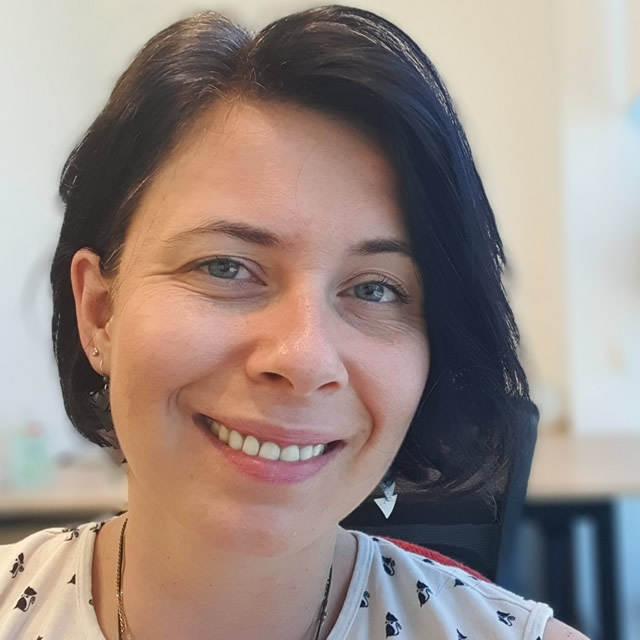
Electronic Health Records and Effective Teamwork as a Means for Improving Quality of Care. In collaboration with Prof. Anat Drach-Zahavy.
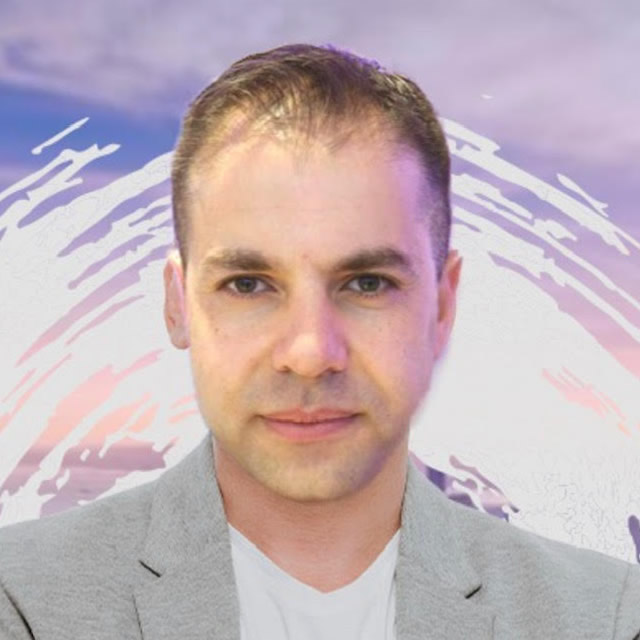
The relationships between environment and biological aging among middle-aged Muslims in Israel: Considering the role of health behaviors. In collaboration with Dr. Michal Isaacson.
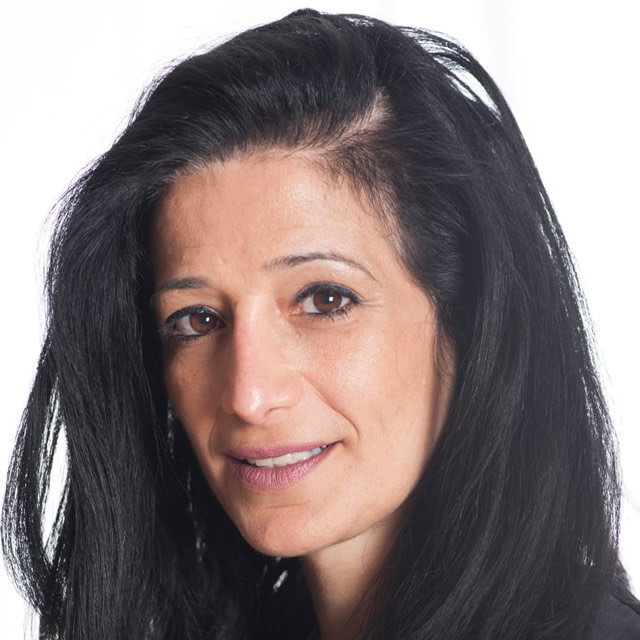
The link between sensory responsiveness and biological aging among midlife adults

Physical capacity as a marker for biological aging among midlife adults
The link between cognitive statues and participation patterns of older adults during COVID – 19. In collaboration with Dr. Rachel Kizony.

Abortions among Muslims in Israel. In collaboration with Prof. Daphna Carmeli.
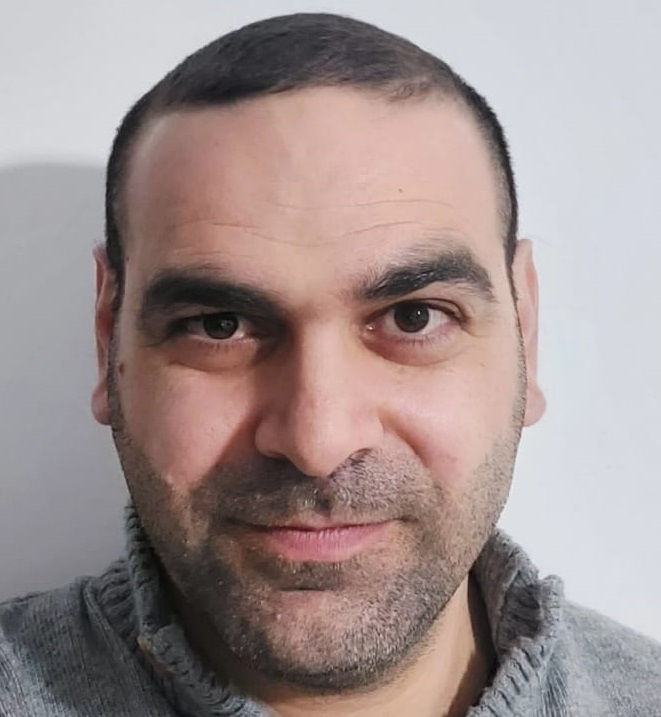
The association between cochlear transplantation and gait. In collaboration with Dr. Hanin Karawani.

Exploring the experience of elite athletes' injury, by examining how the spoken and experienced narratives of their injury and recovery relate to each other and how this may help to illuminate and bridge the inter-disciplinary mind-body discourse. in collaboration with Prof. Amalia Saar.
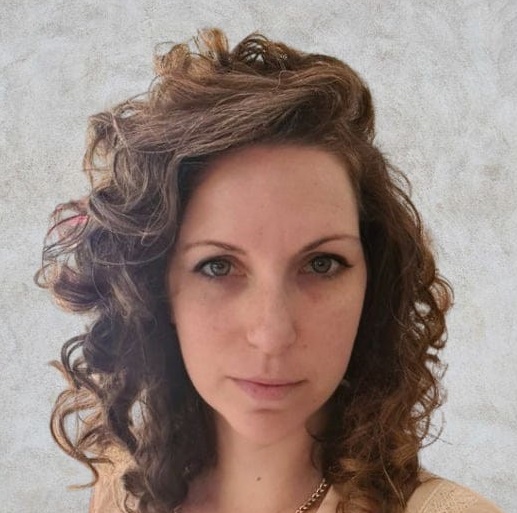
Exploring the contribution of Thinking in Motion (TIM) training methodology to physical fitness and congnitive capacity in midlife.
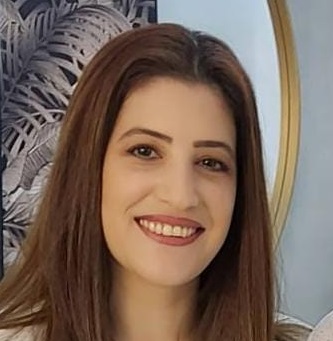
Function and medical innovation.
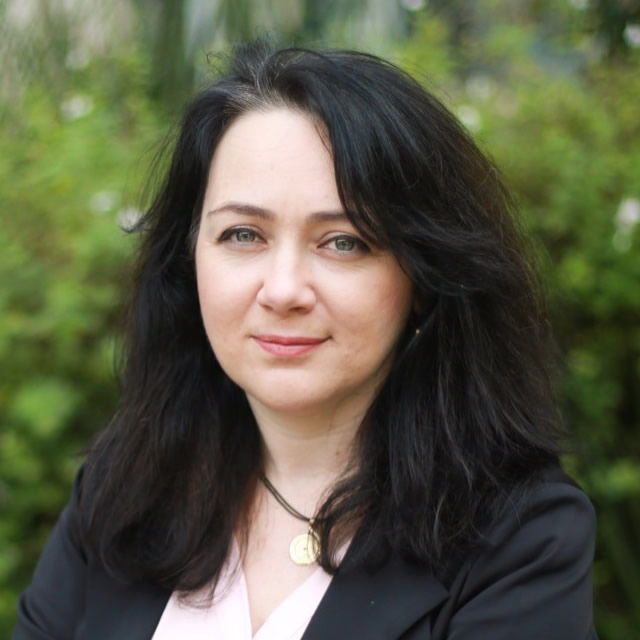
Implementing health information technology and integrated care for multimorbid patients. In collaboration with Prof. Efrat Shadmi.

Participation trajectories after acute hospitalization among older adults and the role of functional cognition. In collaboration with Dr. Rachel Kizony.
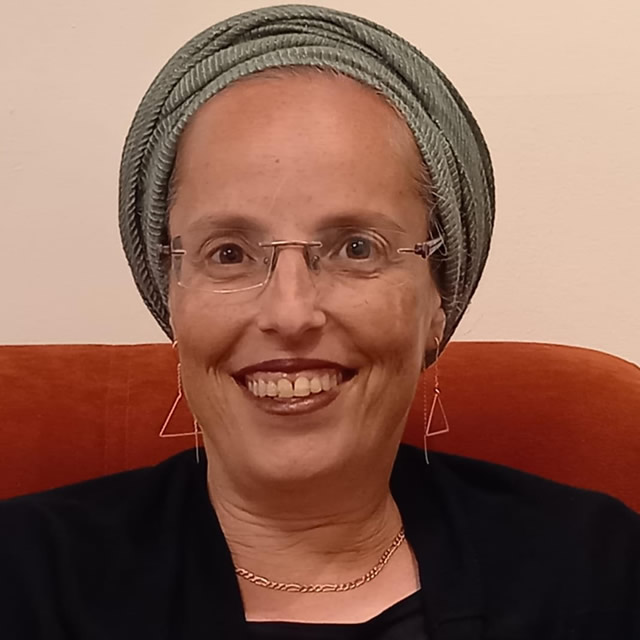
Modified Theory of Planned Behavior applicability to the mobility of hospitalized older adults. In collaboration with Prof. Anna Zisberg and Dr. Nurit Gur Yaish.
The effect of personality on motor learning among older adults.
The effect of personality on motor learning among young adults.
The effect of personality and creativity on task prioritization among young adults.
The effect of anxiety on DT walking
Addressing factors associated with mobility among hospitalized older adults
The effect of staff attitude toward mobility on older adults mobility
The effect of anxiety at time of hospitalization on ADL and mobility one month post hospitalization
The effect on cognitive statues on mobility of older adults during hospitalization
End of life assisted feeding
The effect of hearing aids on gait with DT
The effect of hearing aids on gait with DT
Intervention to improve in-hospital mobility
The association between fall risk evaluation to in-hospital mobility
The effect of symptom severity on in hospital mobility
The effect of pain on gait
The association between inflammation markers and gait
The perception of Diabetes among Ethiopian Immigrants
Perceptions toward organ donation in Israel
The link between dietary habits and aging among Muslims in Israel
Timed-up and Go as a functional predictor during hospitalization
The link between gait and participation
Movements during labor
End of life assisted feeding
The link between gait and participation among Muslims in Israel
The effect of gender on risk of diabetic among Muslims in Israel
The link between physical activity and Sleep among Muslims in Israel
Exposure to violence and the aging process of Muslims in Israel
The link between sleep and inflammation markers among Muslims in Israel
The experience of older adults during COVID-19


